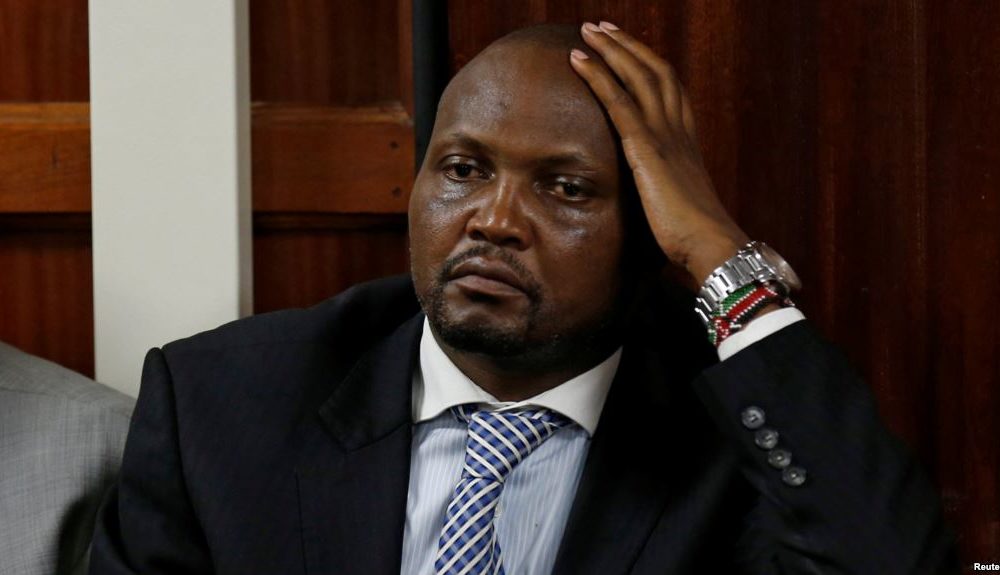The High Court has approved the auction of properties belonging to Moses Kuria, a senior economic advisor to President William Ruto, following his failure to service a long-standing loan. The ruling comes after a protracted legal dispute in which Kuria attempted to block the auction process, citing efforts to repay the outstanding debt. However, the court found that he had not fulfilled the conditions stipulated in the original loan agreement.
In the judgment, the presiding judge made it clear that financial obligations must be respected and that Kuria had not provided compelling evidence to justify halting the auction. The decision allows the auction to proceed as planned, drawing attention to the ongoing issue of loan defaults, even among prominent political figures.
At the center of the case is a significant unpaid loan that Kuria allegedly failed to repay despite repeated notifications and opportunities to engage with the lending institution. The lender, after exhausting all other avenues for recovery, turned to asset disposal as a final measure. Court documents revealed that numerous notices had been issued, but the debt remained unresolved, prompting legal action and the eventual court decision in favor of the auction.
The properties set to be auctioned include apartment complexes located in Ruaka and Juja, two prime areas within Kiambu County. These residential buildings are known for their modern architecture and desirable locations, factors that have reportedly attracted attention from potential investors. The listings have already sparked considerable interest in the real estate sector, with the auction scheduled to take place on April 8, 2025.
The auction is being managed by a leading firm in the auctioneering industry, which insists that all legal and procedural requirements have been adhered to. The properties, currently on public listing, are expected to fetch substantial amounts given their market value and location. The outcome of the auction could significantly contribute to recovering the defaulted loan.
This development has stirred public and political debate, with opinions split on the implications of the ruling. For some, the court’s decision signals a positive step toward judicial independence and the rule of law, indicating that no individual is above accountability regardless of their political ties. Others, however, perceive the move as a politically charged moment that may have broader implications for Kuria’s standing within government circles.
As a close ally of President Ruto and a former Cabinet Secretary, Kuria’s financial troubles have brought renewed scrutiny to the financial conduct of public officials. Questions are now being raised about the extent of financial transparency and responsibility among those in senior government positions.
Despite the court’s ruling, Kuria has not yet issued a formal response. His silence has fueled speculation about possible behind-the-scenes negotiations or an impending public statement. Meanwhile, the real estate and legal communities remain keenly focused on the upcoming auction, which could serve as a high-profile example of asset recovery through legal means.
The situation also sheds light on the broader challenges faced by many Kenyans struggling with debt repayment, especially in an economic climate marked by inflation, rising interest rates, and reduced liquidity. It underscores the importance of honoring financial agreements and the legal consequences of default, regardless of social or political stature.

